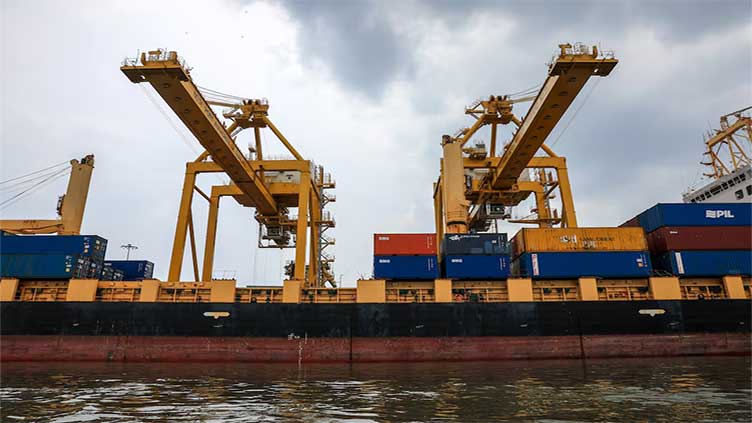Analysts see far-reaching impact of Trump tariff on Pakistan

Business
Leading businessman Arif Habib said the prices of commodities would increase and demand would drop
ISLAMABAD (Dunya News) – Analysts see far-reaching impact on economy after US President Donald Trump has imposed global tariffs.
The US has imposed 29pc tariff on imports from Pakistan in response to 58pc Pakistan charges for American products.
Leading businessman Arif Habib says the imposition of tariff by US President Donald Trump will have far-reaching impact on economy.
Speaking to Dunya News, he said the prices of commodities would increase and demand would drop.
He said things would become clear once the details of tariff came to fore. He said Pakistan could gain advantage as China could shift some business to Pakistan due to high tariff.
Also read: Pakistan among 180 countries facing US tariffs
Meanwhile, Minister of State for Railways Bilal Kayani, in a programme, said Pakistan hoped the US would reconsider its decision of tariff imposition. He said Pakistan would have to watch its interest and increase global exports to offset the possible impact.
President Donald Trump imposed 29 per cent reciprocal tariff on Pakistan, besides tariff on over 180 countries and territories, saying that Islamabad charges 58 per cent tariff on goods imported from the United States.
Trump unveiled plans for sweeping new import taxes on all goods entering the US in a watershed moment for global trade. As per new US trade policy, the United States will impose 26 per cent tariff on India, 34 per cent on China, 20 per cent on European Union, 10 per cent tariff on Saudi Arabia, Qatar and Afghanistan.
In charts posted on social media, the White House shows the effective tariff rates they claim other countries impose on American goods, including by “currency manipulation and trade barriers.”


